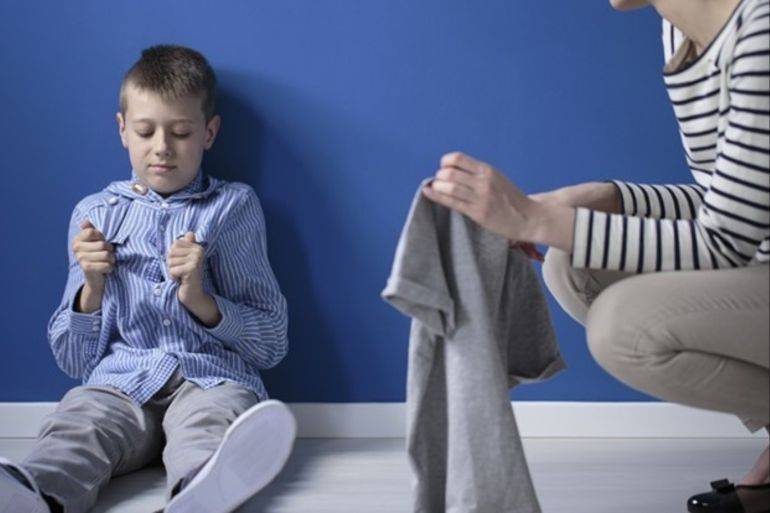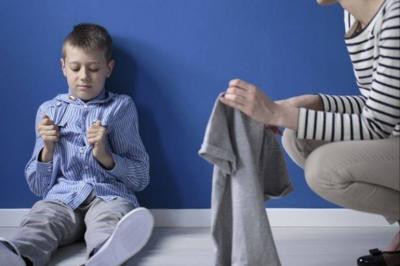Researchers captured images of children's retinas and examined them using a deep learning artificial intelligence algorithm to diagnose autism with 100% accuracy. The results support the use of artificial intelligence as an objective screening tool for early diagnosis, especially when access to child psychiatric specialists is limited, as reported by New Atlas citing the JAMA Network Open journal.
The retina and optic nerve connect to the optic disc at the back of the eye, which acts as an extension of the central nervous system and serves as a window to the brain. Thus, the ability to easily access this part of the body without surgical intervention can provide important information related to the brain. Recently, British researchers developed a non-invasive method to quickly diagnose concussions by safely directing a laser at the eye's retina.
However, researchers from Yonsei University College of Medicine in South Korea have now developed a method to diagnose Autism Spectrum Disorder (ASD) and the severity of symptoms in children using retina images examined by an AI algorithm.
**Diagnostic Monitoring Tables**
The researchers examined cases of 958 participants, averaging 7 to 8 years old, and captured images of their retinas, totaling 1,890 images. Half of the participants were diagnosed with Autism Spectrum Disorder, while the other half constituted an age and sex-matched control group. The severity of symptoms of Autism Spectrum Disorder was assessed using the Autism Diagnostic Observation Schedule - Second Edition (ADOS-2) and severity scores from the Social Responsiveness Scale - Second Edition (SRS-2).
**100% Accuracy**
A convolutional neural network, a deep learning algorithm, was trained using 85% of the retina images and severity test scores to build models for assessing the severity of Autism Spectrum Disorder symptoms. The remaining 15% of the images were kept for testing. The AI predictions in this study regarding the screening for Autism Spectrum Disorder on the test image set were 100% accurate.
The researchers stated, "Our models show promising performance in distinguishing between Autism Spectrum Disorder and typically developing children using retina images, suggesting that retinal changes in Autism Spectrum Disorder may have potential value as biomarkers," noting that "retina images may provide additional information regarding the severity of symptoms."
They added that their AI-based model could be used as an objective screening tool moving forward. Given that the retinas of newborns continue to grow until the age of four, further research is needed to confirm the accuracy of the tool for younger participants.
The researchers concluded, "Although future studies are required to determine generalizability, the results of this study represent a significant step toward developing objective screening tools for Autism Spectrum Disorder, which may help address pressing issues such as limited access to specialized child psychiatric assessments due to resource constraints."




